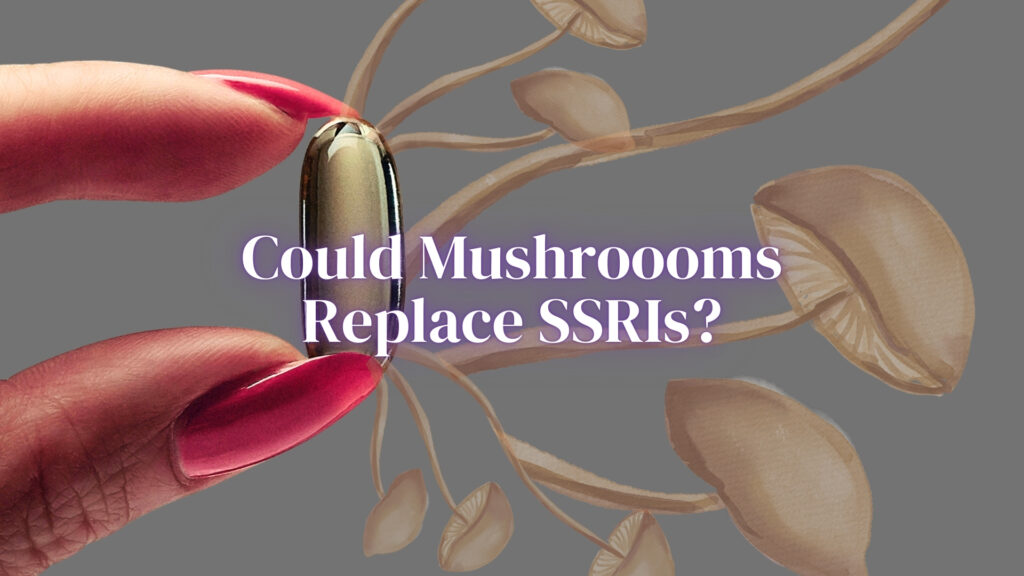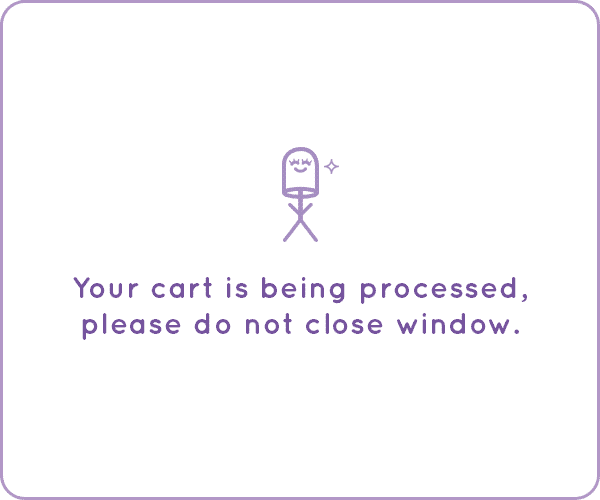Education
Psilocybin Outshines SSRIs in the Fight Against Depression
Psilocybin may be as effective as traditional antidepressants like Lexipro (Escitalopram), with some added benefits — a 2024 follow-up study published in eClinicalMedicine finds.
From the moment someone is told they have depression by a healthcare professional — an experience an estimated 5.9% of the U.S. population undergoes — the uphill battle against it begins. While effective medication exists, individuals often face a range of unpleasant side effects: emotional blunting, sexual dysfunction, loss of motivation, you name it.
While the efficacy of SSRIs cannot be discredited, the first study of its kind, conducted this past September, directly compared psilocybin (the active compound in magic mushrooms) to a common SSRI, Lexapro.
The result? Psilocybin displayed effects not only comparable to Lexapro in areas such as sadness, fatigue, and poor sleep but also surpassed Lexapro in areas of connectedness, life meaning, and overall social and work-life functioning.
Psilocybin vs. SSRI’s: Worth Comparison?
SSRIs like Lexapro and Escitalopram are among the most widely prescribed drugs for depression, with millions of Americans relying on them daily. However, their side effects have prompted researchers to explore novel approaches to fill the gaps in depression treatment — psilocybin being a top contender.
One might wonder: What does a psychedelic mushroom offer those with major depressive disorder? And, more specifically, how could “tripping balls” compare to the mild, gradual effects of a traditional antidepressant?
Over the past decade, psilocybin has become a relevant topic in mental health, being examined not only as a depression treatment but also as a tool for those facing PTSD, addiction, end-of-life distress, eating disorders, and beyond.
An unrelated 2023 study found that psilocybin produced a rapid, sustained antidepressant effect in those with major depressive disorder compared to a placebo. Meanwhile, a study by Johns Hopkins highlighted psilocybin’s positive effects as being “four times larger than what clinical trials have shown for traditional antidepressants.” Clearly, psilocybin’s intrigue as a mental health treatment isn’t a sudden development.
SSRIs typically require daily supplementation for years to manage symptoms and reduce the risk of depression relapse. Psilocybin, on the other hand, often involves just two sessions accompanied by psychological support — offering a more rapid, transformative approach to treatment.
What Makes Psilocybin So Effective?
Psilocybin’s interaction with the brain’s serotonin receptors, particularly the 5-HT2A receptor, is thought to promote neuroplasticity—the brain’s ability to adapt and reorganize itself. Neuroplasticity plays a crucial role in areas such as brain injury recovery, forming new memories, and, most excitingly, resetting thought patterns. In this case, it may alleviate depression symptoms by loosening rigid thought patterns and dampening ruminative behaviors.
Psilocybin in large doses, which is generally how it is administered in studies like these, is also known to prompt a sense of ego dissolution: the psychological experience of a partial or complete loss of self-identity. This state may benefit those with depression by providing relief from negative thought loops, creating the mental space needed to reframe negative thoughts and adopt more flexible, insightful ways of thinking.
Research on psilocybin’s capacity to alleviate end-of-life distress in palliative care patients is another fascinating indicator of the profound, mystifying effects psychedelics can have on a person’s mental state. Specifically, the deep sense of unity, oneness, and ineffability they often induce.
This mystifying quality of psychedelics, while more challenging to quantify scientifically (how can one truly explain a transcendental experience in words?), might play a larger role in mitigating mental health symptoms than previously understood.
Together, these effects suggest that psilocybin holds extraordinary promise as a tool for addressing mental health challenges by targeting the mind and brain on both a molecular, and even existential level.
What’s Next for Psilocybin?
Psilocybin therapy has repeatedly demonstrated significant, sustained improvements for individuals with major depressive disorder, but it isn’t without barriers.
This follow-up study, the largest of its kind to date in directly comparing psilocybin to SSRIs, still involved a relatively small sample size of only 59 participants. However, the results, as is often the case with such research, are undeniably promising. With more studies like this underway, we are inching closer to seeing psychedelics achieve FDA approval, at which point psilocybin therapy could become more accessible to individuals seeking alternative treatments.
It is also worth noting that these research trials integrate psilocybin ingestion with professional guidance and talk therapy, both of which likely contribute significantly to the therapy’s success. While more people are turning to self-administration of psychedelics and practices like microdosing as a way to manage mental health symptoms, it is essential to consult a healthcare professional before discontinuing antidepressants or combining them with other substances.
From what we know currently, psilocybin offers sustained relief for overall mental health, surpassing symptom reduction. With fewer side effects and longer-lasting improvements in well-being, it represents a hopeful alternative in the making — to say the least.



